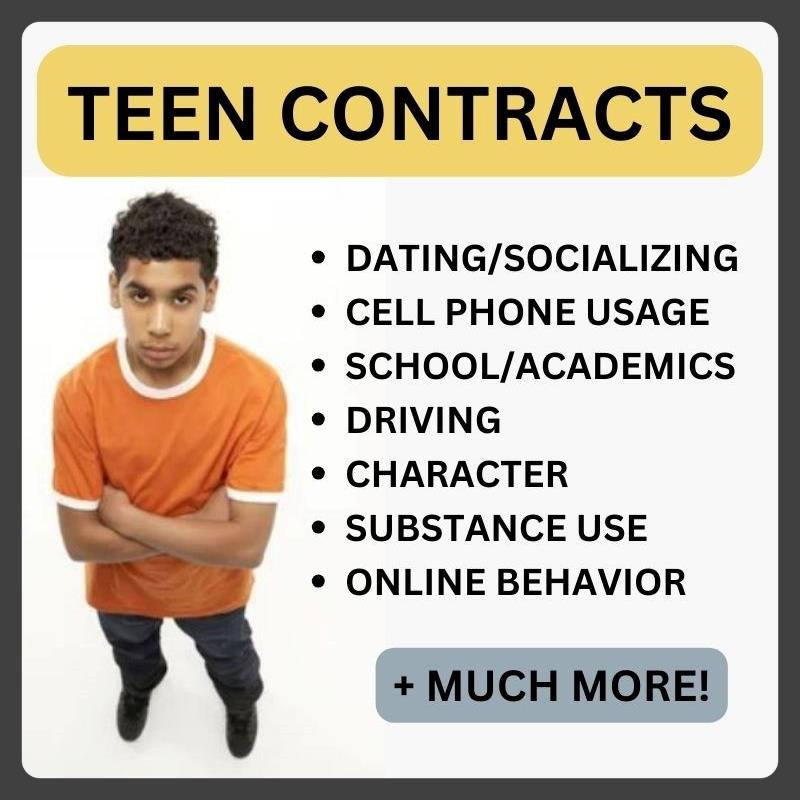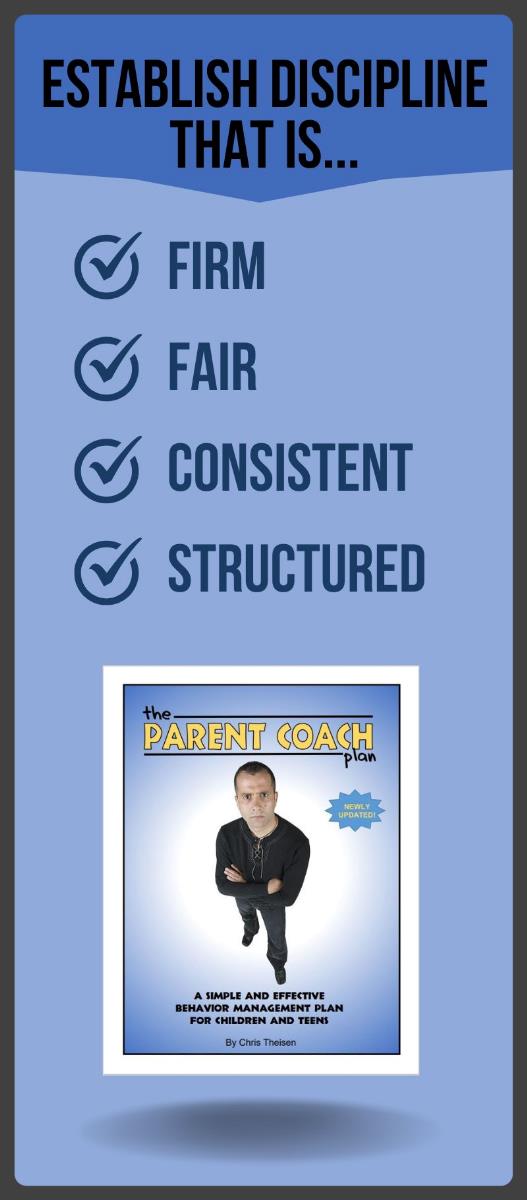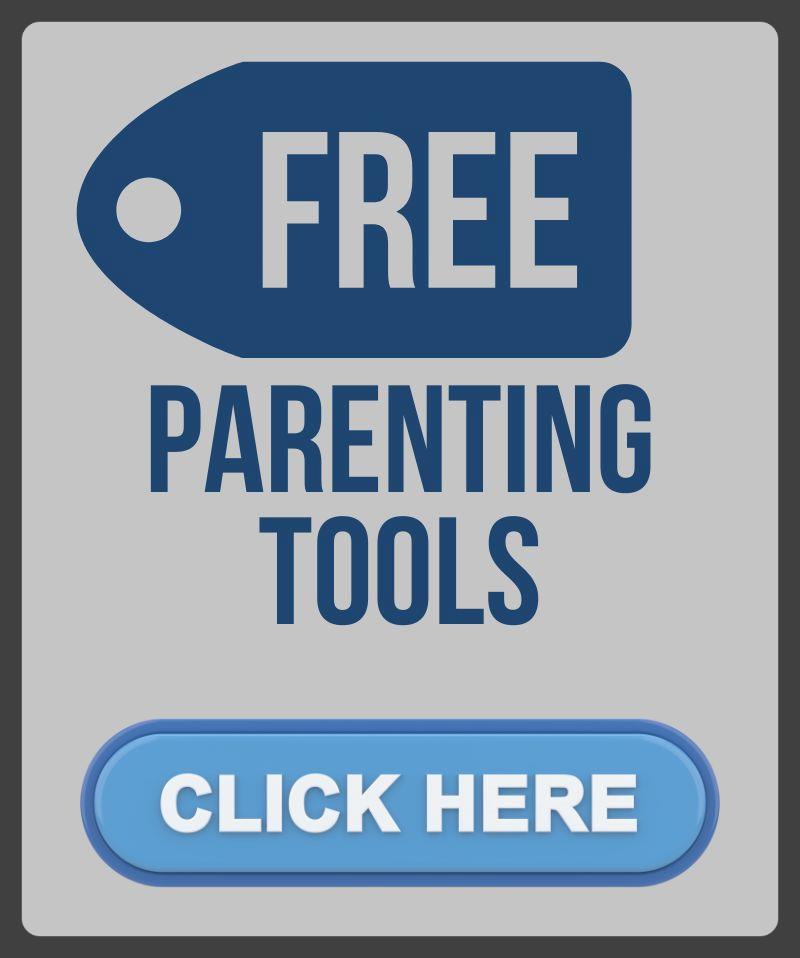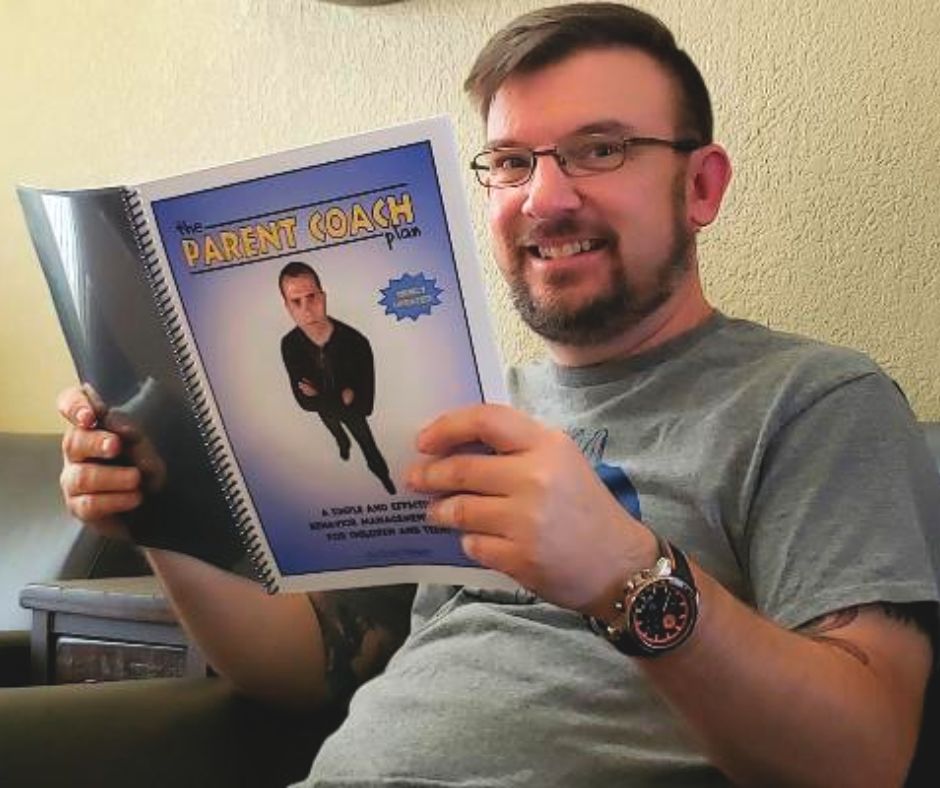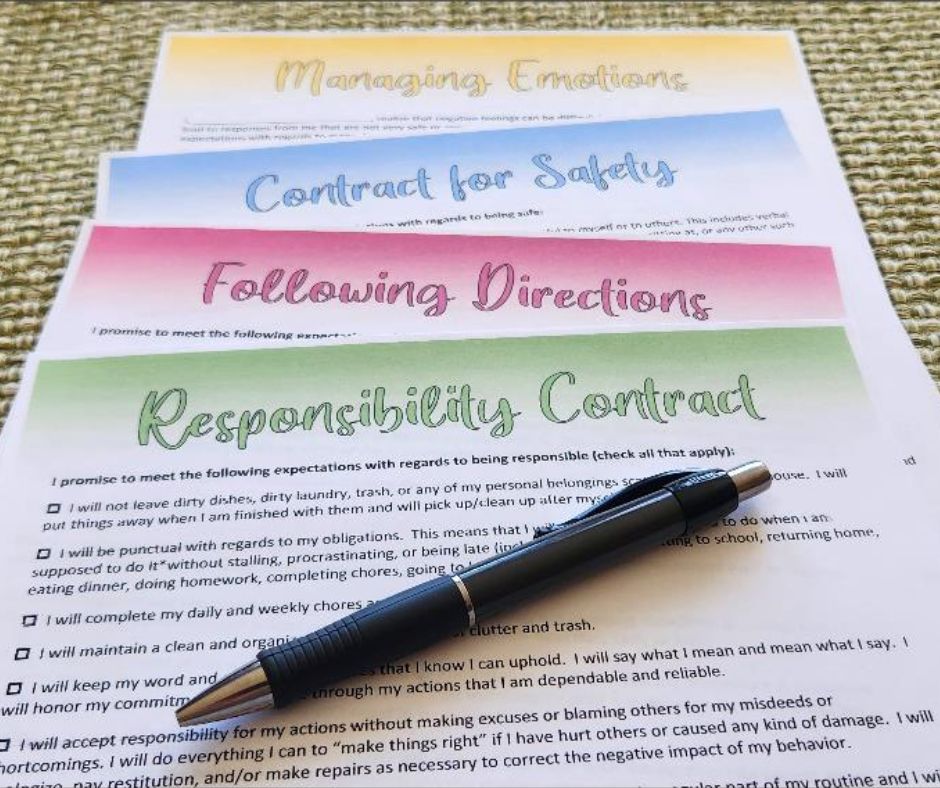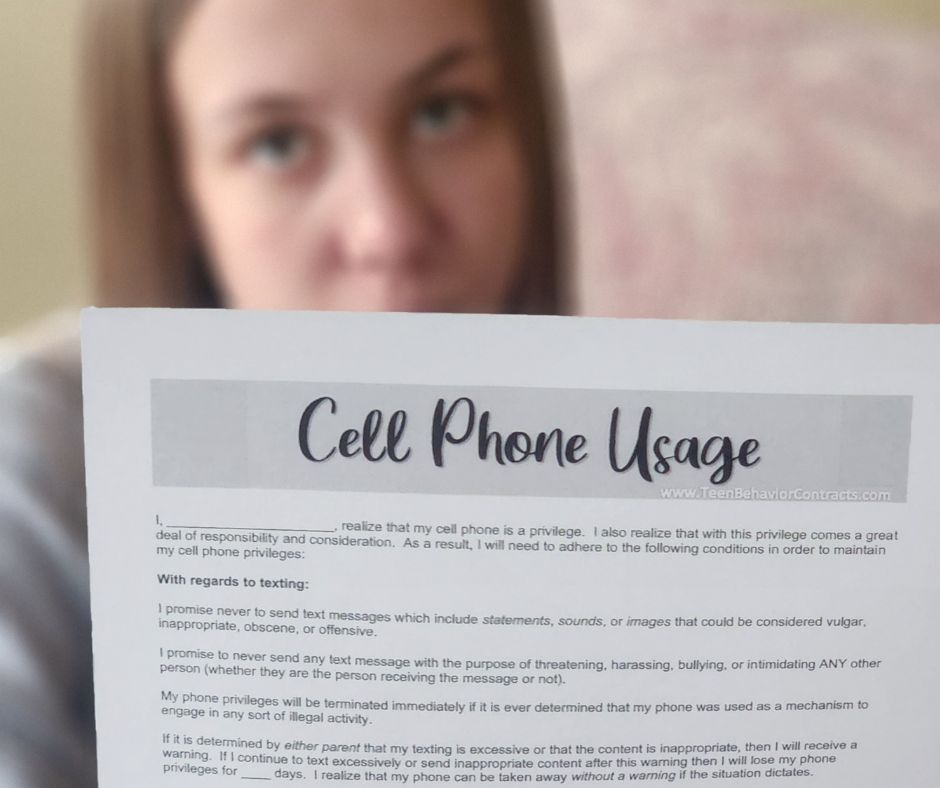Parenting Tips

The following list of parenting tips is certainly not a comprehensive one. I'm sure there are many additional parenting tips that could have been (and maybe should have been) added. For what it's worth, however, these are the tips I'm sticking with.
1. Avoid power struggles with your child. This teaches your child the art of manipulation. Instead, state your expectation then explain the consequences for not following through. Then let your child make the decision. Be sure to follow through with the consequences.
2. Choose your battles! Avoid nagging or setting limits that really aren't necessary. Determine whether the behavior is worth making an issue of. Is the behavior illegal? Unsafe? Dangerous? Destructive? Age-appropriate? Immoral? Or is it just annoying?
3. Use humor to diffuse situations when possible. A little humor can go a long way. Keep in mind that humor does not include ridicule or sarcasm.
4. It is important for BOTH parents to be "on the same page" with regards to discipline. Children have an easy time identifying the "weaker" parent and an even easier time manipulating that parent. Both parents need to be consistent and willing to work as a team.
5. Avoid shaming or humiliating your child. It is important to use discipline as an opportunity to teach. Shaming and humiliating will teach the child that she is not valued.
6. Back your words up with action. By not following through with consequences, you are acknowledging your lack of authority and your child will soon learn to "tune you out."
7. Avoid over-reacting with unnecessarily harsh consequences. Keep in mind that "the punishment should fit the crime". Grounding a child for a month because he was 15 minutes late getting home from school hardly seems reasonable, but restricting the television for the rest of the evening seems appropriate.
8. Be sure to give consequences immediately. Avoid delaying the consequences by making comments such as, "Wait until your mother/father gets home!" Comments like this undermine the authority of the parent making the statement.
9. Catch your child being good. Praise, compliments, and positive attention will go a long way. Avoid using general comments such as, "Good job!" or "Wow, that's great." Instead, be more specific by saying "Wow, you really must have studied hard to get such a good grade on your test, way to go!" or "That was very generous of you to share your toy with your sister; it's nice to see you two getting along so well!"
10. Make sure that consequences are unpleasant to the child but never harmful or demeaning. If you send your child to her room for 30 minutes and she spends her time there playing video games and talking on the phone to her friend, then she's really not getting a consequence. If you take away your child's phone privileges but the child never uses the phone anyway, then that's not really a consequence.
11. Whenever possible, tie in feelings with your child's behavior. Ask her how she felt when she acted the way she did and how she thinks it made others feel. Help your child to identify each of her feelings.
So there you have it... a list of my top 11 parenting tips. Most of these parenting tips could easily fall under the heading "common sense parenting tips"...but unfortunately, not everyone adheres to all of these. Sometimes all it takes are a few simple reminders...hopefully this article has done that for you. Happy parenting!



